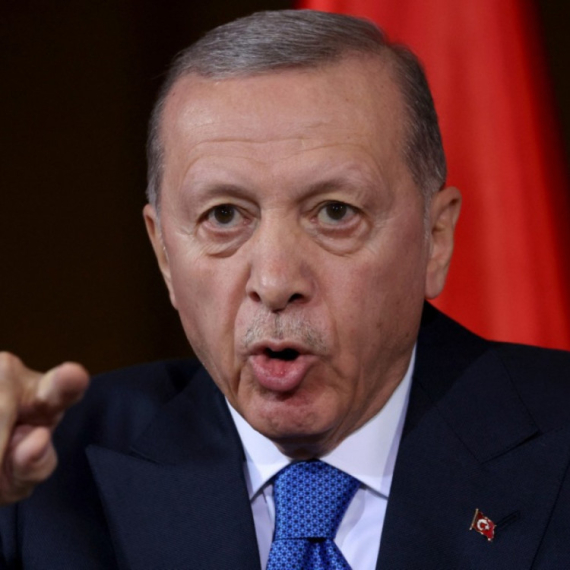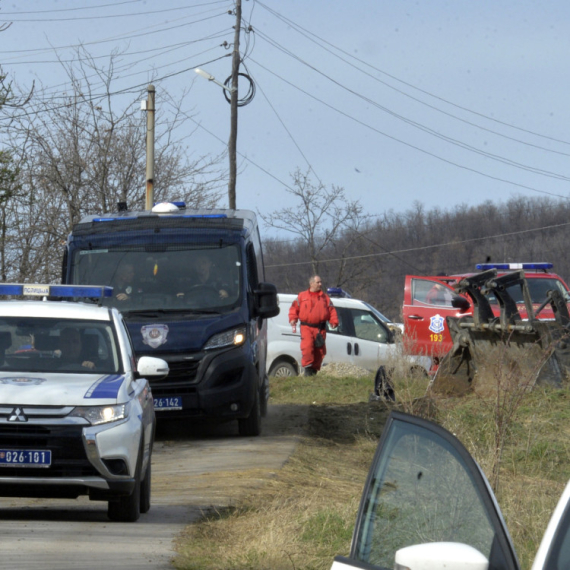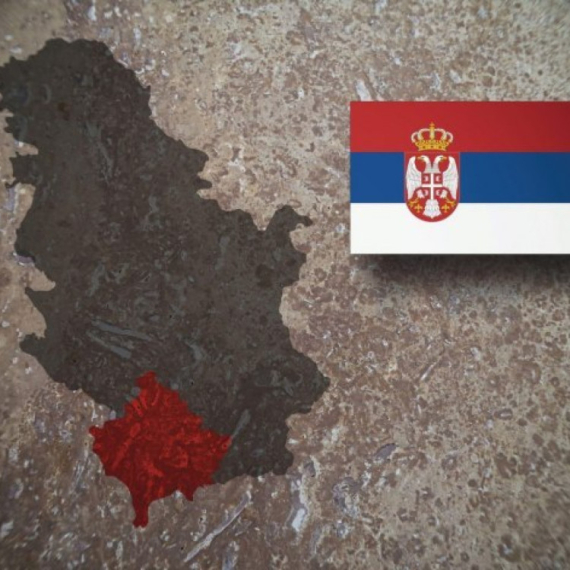“Mladić becomes less of problem”
British expert Jonathan Eyal thinks that arrest of Ratko Mladić represents a declining obstacle to Serbia’s EU integration.
Sunday, 21.11.2010.
15:46

British expert Jonathan Eyal thinks that arrest of Ratko Mladic represents a declining obstacle to Serbia’s EU integration. He has stated that leading European countries increasingly believe that Serbia’s EU integration is a necessity. “Mladic becomes less of problem” “I’m not sure why Mladic today represents such a significant instrument in stopping Serbia on its path toward Europe. Primarily because of the fact that there is a growing confidence in the most important European capitals that Serbia’s European integration is a necessity,” Eyal pointed out. He noted that many western capitals strongly believed that President Boris Tadic and Belgrade government were fully determined to arrest and extradite war crimes indictees and that, on the other hand, European countries had made a big effort to normalize relations with Serbia and help it integrate into the EU. “That’s why I don’t believe that there are any doubts in Europe that the current government is really involved in hiding and helping Mladic and in that sense I believe that a much more balanced Brammertz’s ( Hague Tribunal Chief Prosecutor Serge) report can be expected,” the British expert stressed. “Key issue regarding Mladic is whether Serbian government is really serious in its intent to arrest him and whether it will fully cooperate with the Hague Tribunal. My personal conviction is that it is and that it will reflect in the response and position of the West regarding the issue of Serbia’s integrations into European structures,” Eyal said. Speaking about security challenges in the region, he pointed out instability in Bosnia-Herzegovina and Macedonia as well as “frailness of Kosovo, which still cannot stand on its own feet, although a number of countries recognized its independence”. “Paradoxically enough Serbia, which had been causing a lot of concern, does not seem like a vulnerable state,” Eyal stressed. The British expert emphasizes that time when Serbia represented danger and threat to the region has passed and that a general political direction in which the country is and will be going in the future is clear and predictable. Ayal has assessed that European integration of the region represents “the most convincing strategy which will lead to its stabilization” and “the only way to prevent the countries from permanently staying fragile and vulnerable”. Ratko Mladic (CNN)
“Mladić becomes less of problem”
“I’m not sure why Mladić today represents such a significant instrument in stopping Serbia on its path toward Europe. Primarily because of the fact that there is a growing confidence in the most important European capitals that Serbia’s European integration is a necessity,” Eyal pointed out.He noted that many western capitals strongly believed that President Boris Tadić and Belgrade government were fully determined to arrest and extradite war crimes indictees and that, on the other hand, European countries had made a big effort to normalize relations with Serbia and help it integrate into the EU.
“That’s why I don’t believe that there are any doubts in Europe that the current government is really involved in hiding and helping Mladić and in that sense I believe that a much more balanced Brammertz’s ( Hague Tribunal Chief Prosecutor Serge) report can be expected,” the British expert stressed.
“Key issue regarding Mladić is whether Serbian government is really serious in its intent to arrest him and whether it will fully cooperate with the Hague Tribunal. My personal conviction is that it is and that it will reflect in the response and position of the West regarding the issue of Serbia’s integrations into European structures,” Eyal said.
Speaking about security challenges in the region, he pointed out instability in Bosnia-Herzegovina and Macedonia as well as “frailness of Kosovo, which still cannot stand on its own feet, although a number of countries recognized its independence”.
“Paradoxically enough Serbia, which had been causing a lot of concern, does not seem like a vulnerable state,” Eyal stressed.
The British expert emphasizes that time when Serbia represented danger and threat to the region has passed and that a general political direction in which the country is and will be going in the future is clear and predictable.
Ayal has assessed that European integration of the region represents “the most convincing strategy which will lead to its stabilization” and “the only way to prevent the countries from permanently staying fragile and vulnerable”.

























































Komentari 16
Pogledaj komentare